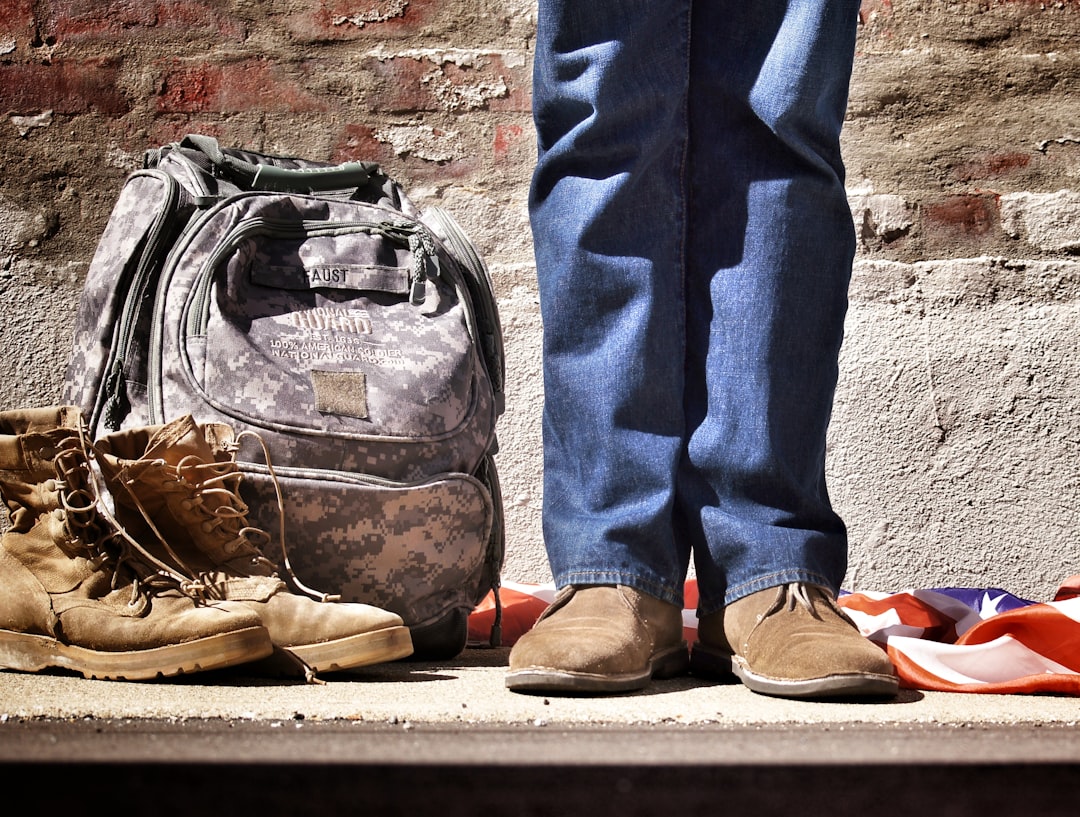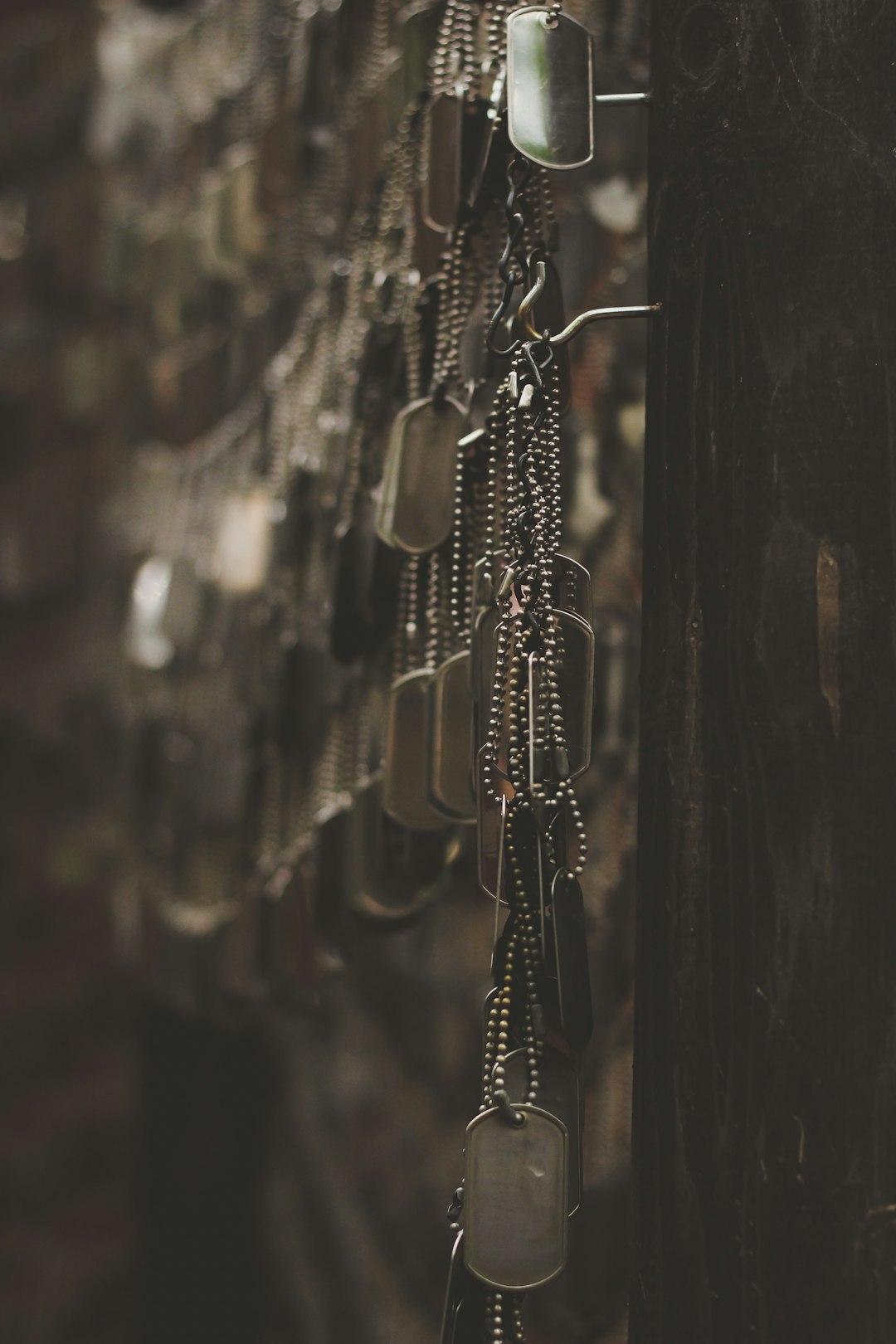“So, have you killed anyone?”
Warning: This post contains a shit ton of explicit language

Hands down, this is the most insensitive question you can ask anyone who has ever deployed to a war zone.
Flat out, it’s just a really fucked up question.

As of late, it seems like everyone and their dog is consumed with being politically correct.
Key phrases are now the key focus.

There are critical race theories and the word systemic has become so overused we are now immune to it.
Our country is walking on eggshells.

People are trying desperately to not call someone “Sir” or refer to a black person as a black person.
This insanity is now being enforced by corporations, handed down in employee “talking point” guidelines and new training, direct from Human Resources Directors of Corporate America.
And yet, people feel like they can walk up to any veteran and ask them the most asinine questions without giving it a second thought.

That said, I’m going to just give it to you straight today.
I’m going to tell you how to speak to someone who has deployed to a war zone.
There will be no hand holding or coddling, and I will not censor myself on this particular topic.
If, for some unknown reason, that offends you, you can fuck off.
First and foremost, the fact is that I deployed as a Department of Defense Army subcontractor to both Iraq and Afghanistan.

I spent just under four years in the Middle East.

But I was not Active Duty.

Nor was I in a Reserve Unit.
For the record, I am NOT — and I do NOT — consider myself a military veteran of any sort.
When I say, “we,” I’m referring to people that deployed to a war zone and spent the majority of their time outside the wire.

When I say, “civilians,” I am referring to people who have not deployed to a war zone.
My time in Iraq was from July 2007 through August of 2010. I drove the lead truck (outside the wire) on convoys. We hauled every classification of supplies from military vehicles to medical supplies and fuel and everything imaginable in between.
I saw every corner of that piece of shit country.

I’ve seen my fair share of shit.
I’m not going to throw a bunch of military acronyms or jargon at you.
That’s not the point.

The point here is to (hopefully) be informative and shed some light on how to speak with someone who has deployed to a war zone.
You should know a couple of things, first.
- Plain and simple, the people that sit around and talk about all of the shit they saw and did are telling you very tall tales of what someone else did. The people who openly talk about these “stories” of “their time over there” were probably sitting at a desk somewhere or driving a bus on a base — something safe and easy.
You were not there.
- If you saw shit and did shit, you do not talk about the shit. That’s just the unspoken rule.
You were not there.
- Most people — not all, but most — do not talk to civilians about their time deployed in Iraq & Afghanistan for one simple reason: You. Can’t. Relate. You could be shown thousands of hours of video and millions of photos, and you still would have no idea what we’re about talking about. (Think of a heart surgeon explaining the step-by-step process of a triple bypass procedure to a private pastry chef. The conversation is a complete waste of time, because one person has no clue what the other person is talking about and just can’t relate.)
You were not there.
- Yes, when people who have deployed get around other people who have deployed, they openly talk about “it.” This can be frustrating when you overhear it, because they don’t talk to you about “what happened over there” so openly. Refer to the point directly above.
You were not there.
After completing three consecutive one-year contracts in Iraq and returning to the States, I was aghast at how oblivious the masses in America are.

It seemed like most people were more concerned whether their favorite TV program was going to air that week than what was happening in the rest of the world.
Eventually, people who have deployed come to the realization that civilians weren’t there. Therefore, civilians have no idea what’s happening in the rest of the world, and frankly, don’t really give a shit either.
Like the chick at the DMV who asked, “Do they have Walmart over there?” when I was getting my drivers license renewed on an R&R.

Not even waiting for a reply she continued, “I’d die without Walmart and a McDonalds.”

The size of her ass confirmed that her last statement was, most likely, very true.
“Yep, the world’s largest retailer has a store at every checkpoint up and down the MSR,” I stood there thinking to myself, while palpable fury raged within me. “There’s even a Walmart Super Center at 59 Alpha.”

“How could she be THAT STUPID?” I thought to myself.
Realizing later, that she didn’t know what she was talking about, because she hadn’t been there.
And if I’d been in her shoes, a year or so before that day, I wouldn’t have known if Iraq had Walmart stores either.
Perception is everything, isn’t it?

It was at that point that I decided to just not talk to anyone about my time in Iraq, if they’d never been there — to avoid the stupid questions and ruining a perfectly good day.
Occasionally, though, the stupid questions still came out of left field.

Those were the worst, because you hadn’t braced for them. You weren’t ready, and they caught you off guard.
Originally, I was very confrontational when people used to look at me and asked if I’d ever killed anyone. I’d look them directly in the eye, take a step forward in their direction, and reply, “That’s an interesting question. Why would you ask me something like that?”
They’d ALWAYS back away, stumbling over their apologetic words and their own two feet.
Basically, they couldn’t get the hell away from me as fast enough.
Not necessarily a great way to remain friends with anyone.

It’s not a great strategy of how to talk with someone who has deployed to a war zone either.
These days, if I’m asked the have-you-ever-killed-anyone question, I’ll turn the question back on them and ask, “Holy shit. Have you?” with an exaggerated look of astonishment on my face.
My reply usually results in laughter and the immediate dismissal of the topic.

However, if they press the issue, my standard response is, “Whether or not you agree with my stance is irrelevant. We will not discuss the topic of my time overseas.”
THE SIMPLE FACT IS THIS: If someone who has deployed to a war zone wants to talk to you about it, THEY WILL BRING UP THE TOPIC FIRST.
They may mention it as a reference.
Or they’ll give you a blip of a story of something that happened that’s relevant to whatever is currently happening.

Here’s an example: Watching television one night, a commercial referencing the Depression-Era Dust Storms in North Dakota came on.
I said to the person next to me, “That reminds me a little bit of the sandstorms in Iraq.”

It sparked a very short, very focused conversation about the weather in Iraq. Then the topic was let go.
Here’s another example: An Australian friend of my brother’s, who had also spent some time in Iraq, was seated across from me at the Thanksgiving dinner table, many years ago, and asked, “Your brother tells me you were in Iraq for quite some time. What did you think of it?”

“It was very warm,” was my monotone response.
“Got it,” he replied.
We’d just had an entire conversation that now was not the time or the place for the two of us to have an in-detail discussion about Iraq, in front of my entire family, during Thanksgiving dinner.

If your friend or spouse or child or parent or sibling has deployed to a war zone, they may occasionally bring it up.
When they do, don’t jump onto the topic like you’re wrestling a tiger to the ground by asking a bazillion follow-up questions.

How do you talk to someone who has deployed to a war zone?
Just listen.
Don’t freak out with something like, “Oh my gosh! You NEVER talk about Afghanistan! I’m so glad we’re finally talking about this! Let me ask you ten million questions RIGHT NOW!” because all they’re going to do is shut down and NEVER bring up the subject again.
It’s not important or relevant that you ask a bunch of questions to be involved in the conversation.
Your job, at that point, is to listen, because, sometimes, people just have to say stuff aloud and get it out.

That’s it.
Believe it or not, people who have deployed to a war zone may want to casually discuss certain events or topics.
I cannot stress this enough, when it comes to speaking to someone who has deployed to a war zone:
Just fucking sit there and listen.

If they want to continue the conversation, they’ll say something to you like, “What do you think about what I just said?”
That’s your invitation to ask a question or two.

And now you’re having an open dialogue.
If the person becomes agitated or impatient, that’s your cue to let it go.
I mean, right now.
Drop it.

I think it goes without saying that learning how to speak to someone who has deployed to a war zone can feel like you’re walking on eggshells.

Yep, we get that, and we’re sorry. It’s a touchy subject. We hope you understand.
Every person who has deployed to a war zone needs to have someone to talk to.

If that someone isn’t you, you need to be 100% okay with that.

Personally, I saw a therapist and went to support groups for more than two years. It took me more than a year just to trust my therapist — someone who had never been “over there” — with what I eventually talked about in our sessions.
It’s a slow process.

Your focus should be that your loved one is talking it out with someone, and that is CRITICAL in helping them deal with what they experienced.
IF THEY DEPLOYED TO A WAR ZONE, THEY NEED TO SPEAK TO SOMEONE.

IT’S THE ONLY WAY THEY WILL STAY ALIVE.
So if it’s not you, get over it. At least they’re talking to someone.
In summary, we know we’re a pain in the ass. Truly. We do.
But believe me when I tell you, no one feels the weight of the burden more than we do.

When you’re talking to someone who has deployed to a war zone, listen, be patient, and help make certain that they’re talking it out regularly with someone.
National Veterans Crisis Line:
1-800-273-8255
More tomorrow,
-A

Great article Tactical Trucker.
Thanks for getting your crayons out to write that comment, Jarhead. 🙂